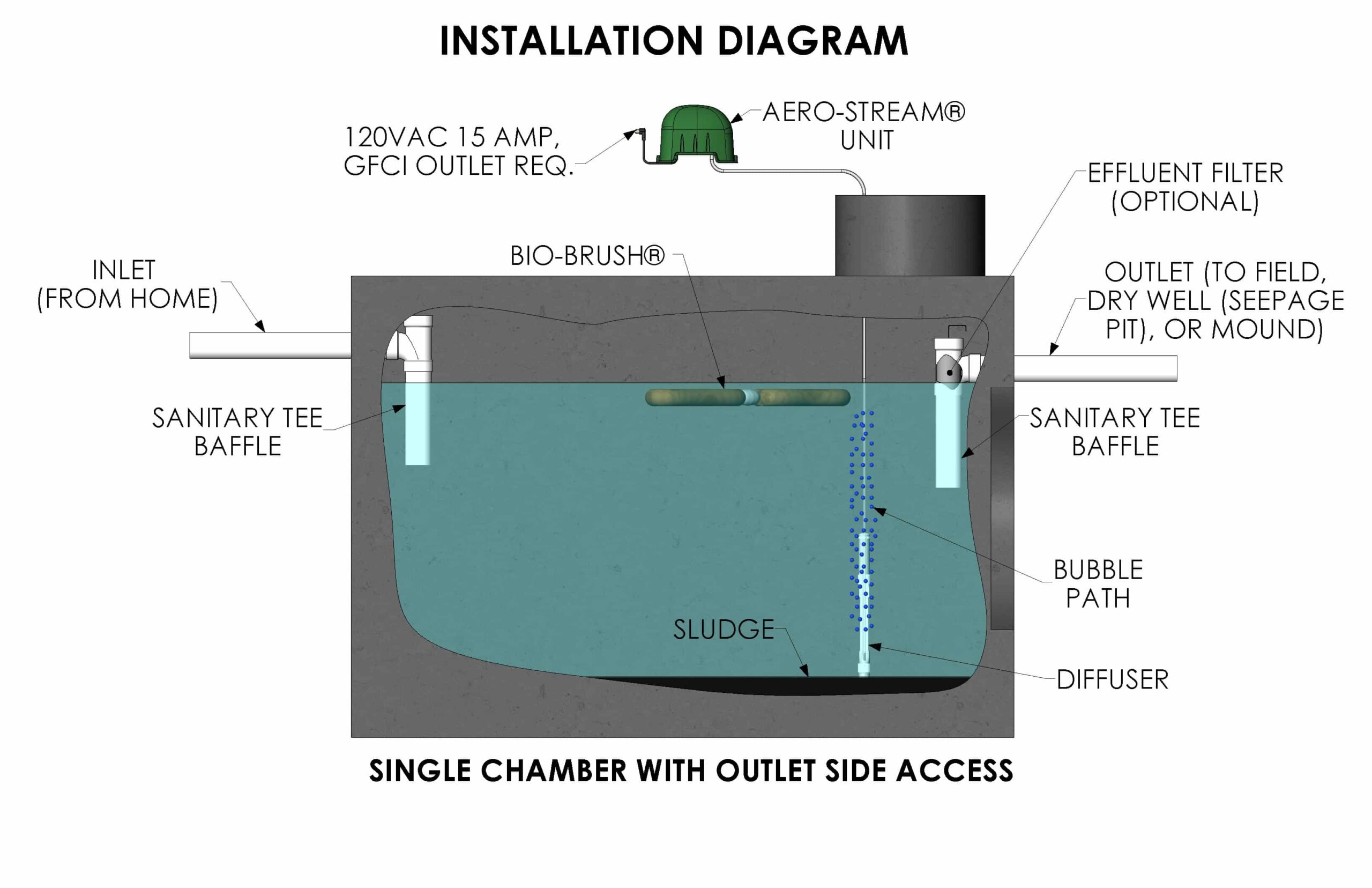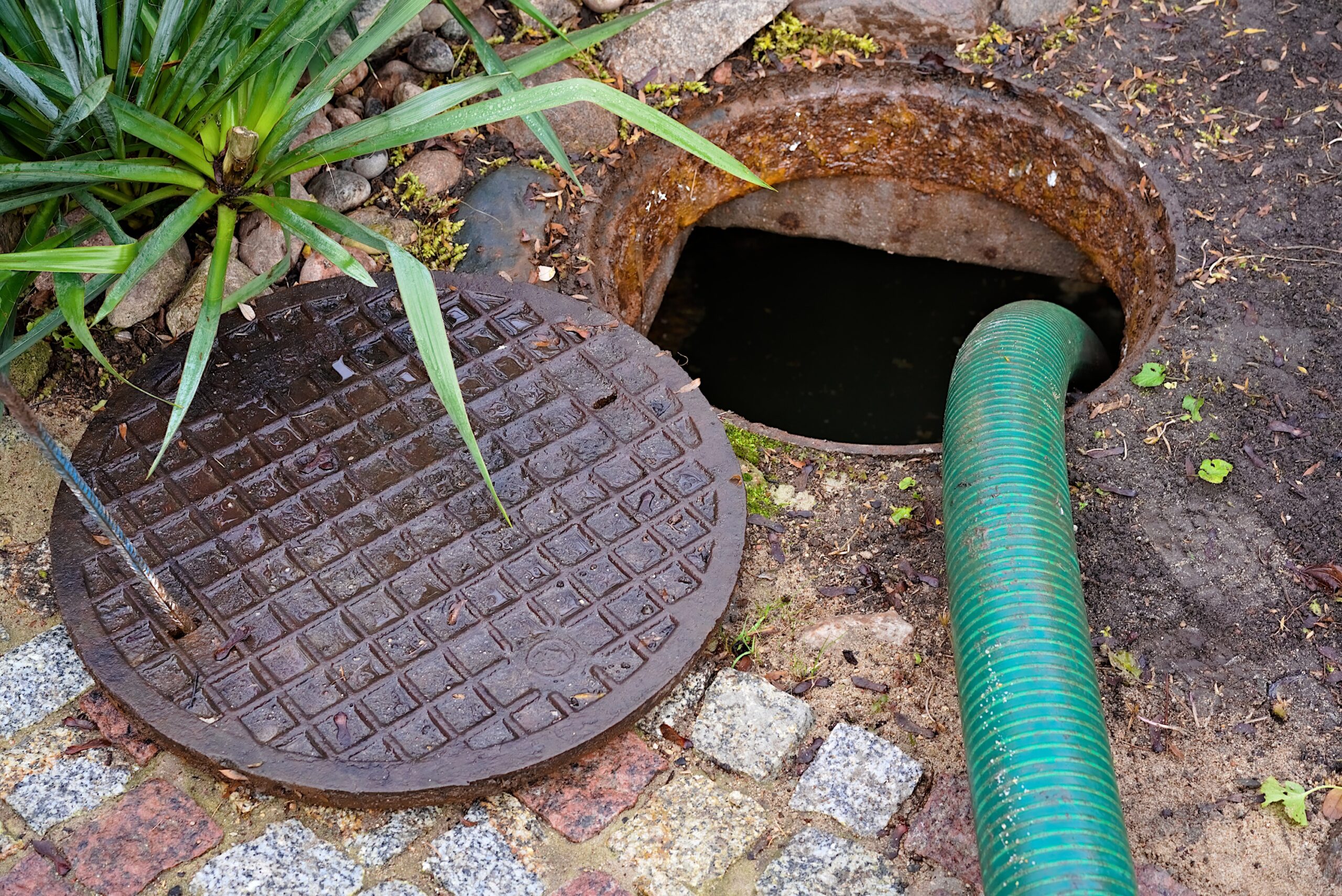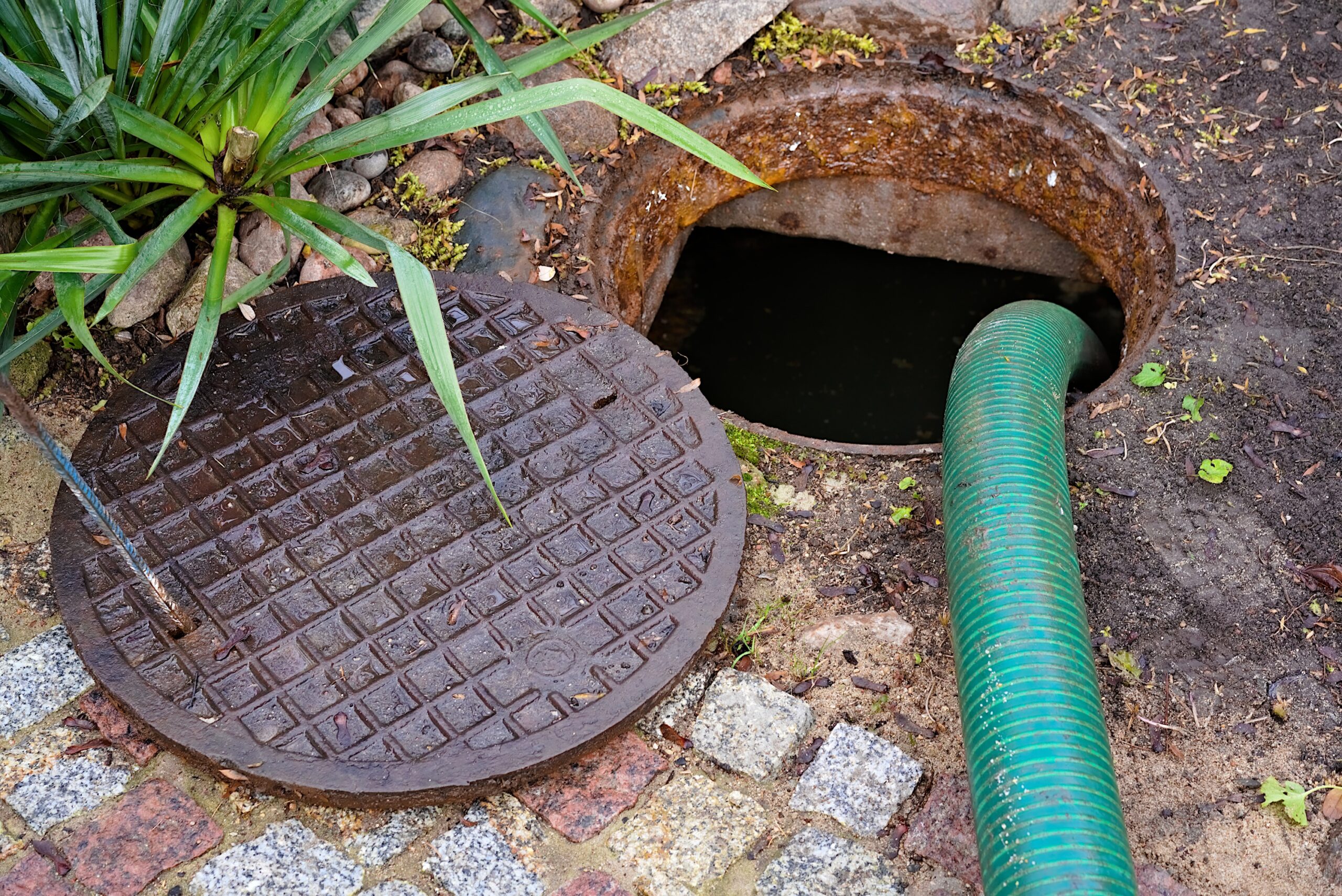There appears to be a lot of information and miss-information on the internet and in the minds of the septic system industry. The old question, does discharging the water from your water softener have an effect on your septic system. The answer is No and yes
There has been many studies performed by different industries that conclude differently. The septic system industry indicates that water softeners are not good. The water softener industry reports septic systems are not affected by water softeners. Read on to learn the truth!
The Effects of Salt
Of all of the studies I have read, the amount of salt that is contained in the backwash water is negligible and has no affect on the biological process in the septic tank. Additionally, the water softeners of today are much more efficient than designs of the past. Most modern water softeners are scheduled to regenerate based on demand rather than a time clock. These designs have a water meter in them so based on the programmed hardness they will regenerate every several hundred gallons of metered water. The old designs were programmed to regenerate based on an estimated water usage per day and time. If you used more water than the estimate you would run out of softened water and if you used less water than the estimate you were wasting salt and water. Also, the amount of salt used to regenerate the media has been dramatically reduced in the new designs. The conclusion my research leads to is that the water softener salt has no detrimental affect on the function of the septic tank.
The Effects of Regeneration Water
Now the flip side of the argument. When a water softener regenerates it can use 30 – 150 gallons of water. To put this into perspective, the average person uses about 50 gallons of water per day. So every time the softener regenerates it is like adding 1 – 2 people living in the home for that period. While that may not seem like a lot of extra hydraulic loading it adds up to tens of thousands of gallons of water that must be treated over the life of the septic system. The bigger issue is how the hydraulic loading occurs. When the water softener regenerates it uses the large amount of water over a relatively short period of time. This surge load displaces partially treated water from the septic tank into the drainfield. The partially treated water has high organic content and can accelerate the maturing of the biomat. For this reason water softeners can harm a septic system.
The Best Solutions
My recommendation is to discharge the water softener regeneration water outside of the septic tank if local codes allow. This will eliminate the additional hydraulic surge loading on the system. If code requires the water to be discharged in the septic system consideration should be given to upgrade the equipment to a more modern design that uses less salt and regeneration water.
Installing the Aero-Stream remediation system will also minimize the effect of the water softener on the septic system. Because the aerobically treated water in the septic tank will be 90% cleaner than the anaerobic water in a conventional septic tank, the surge loading will have much less of an affect because the water will have very low organic content and not accelerate the maturing of the biomat. Buy one today!











